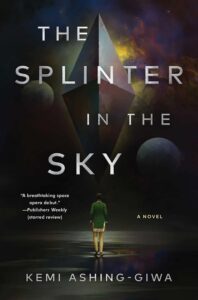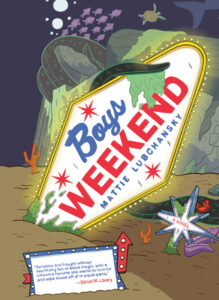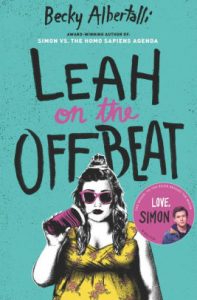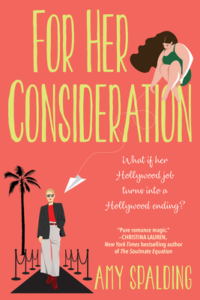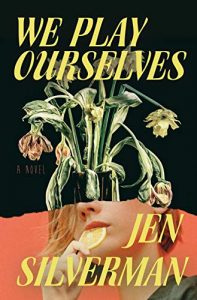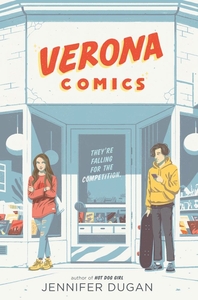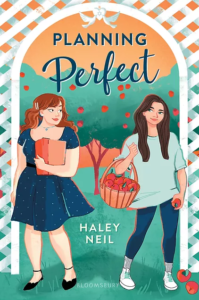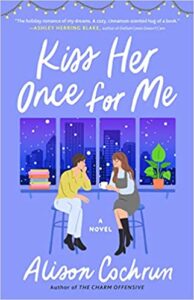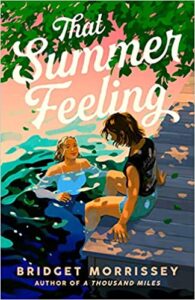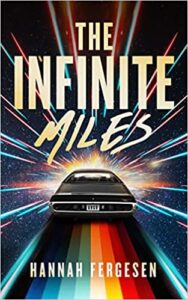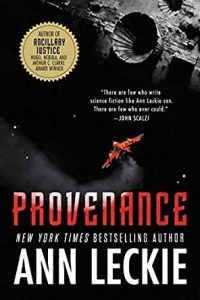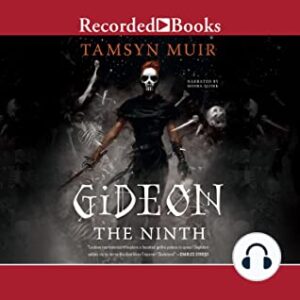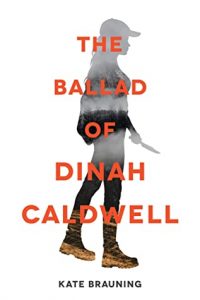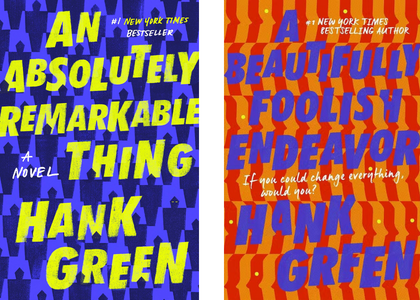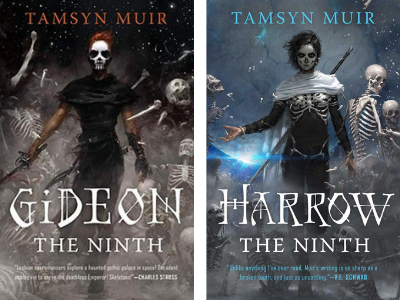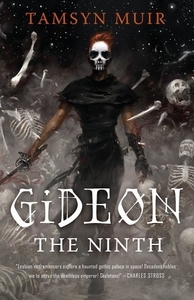Buy this through Bookshop.org to support local bookstores and the Lesbrary!
Enitan is a scribe focused mostly on figuring out how to grow her tea business on the side, but when her sibling Xiang is kidnapped and the Imperial forces decree that they need a political hostage, she volunteers so that she can go to the heart of the empire and try to find her sibling. Soon she is juggling the larger conflict between the Holy Vaalbaran Empire and the Ominirish Republic, not to mention the attention of the new Imperator and God-Emperor Menkhet. While posing as the perfectly nice political prisoner, Enitan tries to find her sibling and save her homeland without losing her life.
Spies, elaborate and indulgent parties, the dark underbelly of colonization and empire—this book is, first and foremost, fun. It takes the spy thriller angle and runs with it, resulting in a fast-paced adventure of assassinations, high-speed chases, and political machinations. Everyone has an ulterior motive, and few are able to say what they really mean. It reminded me a bit of old noir detective stories with a bit of space royalty thrown in.
For those who might be a bit intimidated by sci-fi, this book skirts around technical worldbuilding for a softer, more approachable version of the genre that will appeal to fantasy readers. That’s not to say that it lacks description. Kemi Ashing-Giwa does a phenomenal job using architecture and food to explore the image-building involved in empire construction, and the result is a lush book tempered with the sting of biting commentary on the true toll of that mythologizing. It’s also a queer-normative world, and so though atrocities under colonization abound (and I suggest that people take a peek at the trigger warnings), it’s refreshing to see a space where sexuality and gender identity acceptance is a given.
At times, I wanted a bit more depth. There’s so much to explore and I wanted the book to linger at some of the descriptions or political relationships, to unpack their impact outside of exposition. As the pacing picks up towards the middle of the book, some of the plot resolutions feel convenient rather than twisty. It could have easily handled another one- or even two-hundred pages.
That said, I still had a great time reading it. I was a bit late to the train and just read A Memory Called Empire by Arkady Martine last year, and it quickly became one of my favorites. I’m on my way to devouring all of the queer space opera that I can get my hands on. The Splinter in the Sky satisfied my craving for more stories like this while still feeling very much like its own entity. Fans of sci-fi-light books, fantasy with a political bent, or spy thrillers will want to give this a chance. For a debut novel, it promises great things to come.
Trigger warnings: violence, racism, references to suicide, references to genocide, police brutality, sexual harassment, torture

